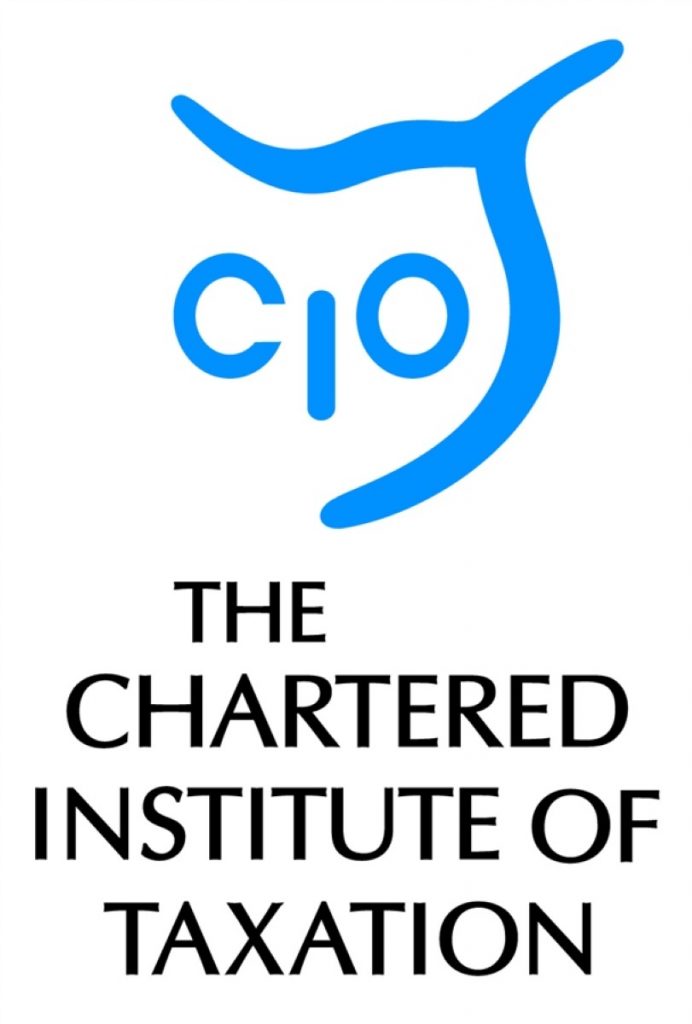CIOT: Campaigners propose improvements to how tax system deals with people with mental health problems
Campaigners propose improvements to how tax system deals with people with mental health problems
The Low Incomes Tax Reform Group (LITRG) has set out a series of reforms to make the tax system cope better with people who lack the capacity to deal with their own tax affairs.
These come in LITRG’s response to HMRC’s consultation paper, ‘Incapacitated person – a modern definition’. While the consultation was prompted by the Government’s wish – following representations from LITRG – to review offensive descriptions such as ‘idiot’ and ‘lunatic’, which remain in tax legislation, it has stimulated a wider debate about how HMRC deal with incapacitated persons.
LITRG is arguing that it may be possible to repeal the relevant piece of tax law (section 72 of the Taxes Management Act 1970) entirely. The Group is also calling for HMRC’s interpretation of ‘reasonable excuse’ for missing a tax deadline to be amended so that it accords with Parliament’s intention, as upheld by the courts.
Robin Williamson, LITRG Technical Director, said:
“We have been campaigning for a change to this legislation for the last eight years. Removing the current offensive definition of ‘incapacitated person’ from the statute book is long overdue.
“It may be that there is no need for specific provision for incapacitated persons in tax law at all, given the general laws of incapacity and representation already in place. These are arguably sufficient to allow someone to deal with HMRC on the incapacitated person’s behalf, as long as HMRC’s systems recognise the various forms of legal ‘representative’.
“If there is a need for specific provision this could be done by focusing not on the specific nature of a person’s incapacity, but rather on whether there is a formally-appointed representative in place to help them.”
LITRG has said that HMRC’s Tax Agent Strategy, the subject of separate consultation, must address how to deal with taxpayers who might be struggling with temporary incapacity, but where a formal appointment is not in place. Robin Williamson said:
“The Agent Strategy must address how HMRC work with ‘friends and family’ helpers or, say, social workers, where there is not a formal representative to take up the reins.
“Additionally, HMRC must change its guidance on what constitutes ‘reasonable excuse’ for missing a tax deadline. Recent tax tribunals1 have criticised HMRC’s interpretation of what is a reasonable excuse, pointing out that if Parliament had wanted it only to apply to exceptional circumstances it would have said that. HMRC’s guidance must therefore be clear that mental health difficulties should be accepted as a reasonable excuse, and not limited to a ‘one off’ application.”
LITRG’s response also calls on HMRC to take the opportunity to address how minors2 are recognised in tax legislation. Robin Williamson said:
“At the very least, HMRC should update the term ‘infant’, to which many 17-year-olds would no doubt object. Perhaps simply using the word ‘minor’ would suffice as an alternative?”
Notes to editors
For example, in the case of N A Dudley Electrical Contractors Limited v HMRC [2011], it was noted:
‘HMRC argues that a "reasonable excuse" must be some exceptional circumstance which prevented timeous filing. That, as a matter of law, is wrong. Parliament has provided that the penalty will not be due if an appellant can show that it has a "reasonable excuse". If Parliament had intended to say that the penalty would not be due only in exceptional circumstances, it would have said so in those terms. The phrase "reasonable excuse" uses ordinary English words in everyday usage which must be given their plain and ordinary meaning.’ (First Tier Tribunal TC 01124)
2. An “incapacitated person” is currently defined in legislation as: “any infant, person of unsound mind, lunatic, idiot or insane person”. For legal purposes an infant is defined as anyone under the age of majority (18 in England and Wales, 16 in Scotland).
3. The Low Incomes Tax Reform Group (LITRG) is an initiative of the Chartered Institute of Taxation (CIOT) to give a voice to the unrepresented. Since 1998 LITRG has been working to improve the policy and processes of the tax, tax credits and associated welfare systems for the benefit of those on low incomes.
4. The CIOT is a charity and the leading professional body in the United Kingdom concerned solely with taxation. The CIOT’s primary purpose is to promote education and study of the administration and practice of taxation. One of the key aims is to achieve a better, more efficient, tax system for all affected by it – taxpayers, advisers and the authorities. The CIOT’s 15,500 members have the practising title of ‘Chartered Tax Adviser’ and the designatory letters ‘CTA’.
– ENDS –
George Crozier
External Relations Manager
D: +44 (0)20 7340 0569
M: +44 (0)7740 477374
The Chartered Institute of Taxation
Registered charity number 1037771
www.tax.org.uk
The Association of Taxation Technicians
Registered charity number 803480
Registered company number 2418331
VAT Registration Number 497 5390 90
www.att.org.uk
Low Incomes Tax Reform Group – an initiative of the Chartered Institute of Taxation
www.litrg.org.uk
1st Floor, Artillery House, 11-19 Artillery Row, London SW1P 1RT





-01.png)